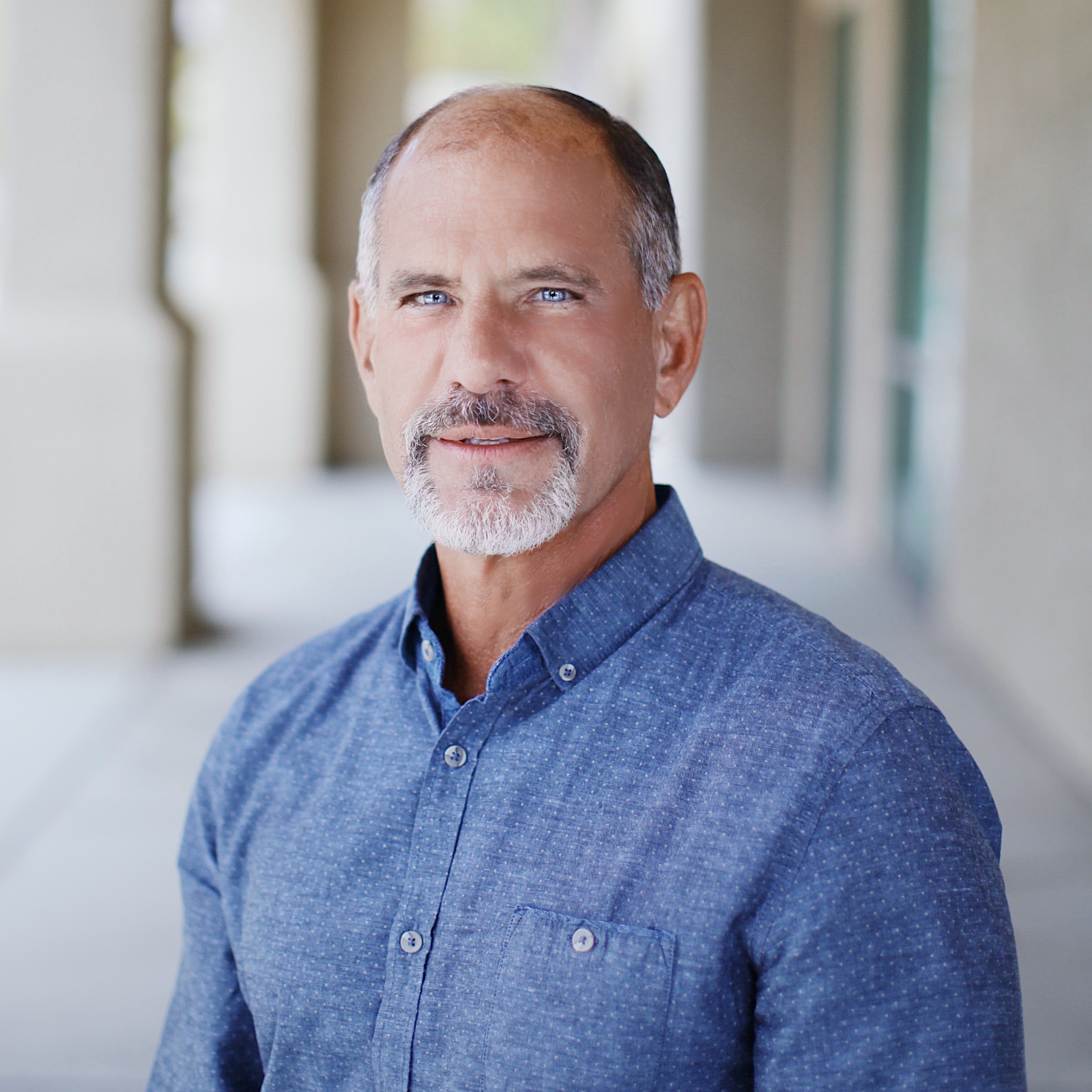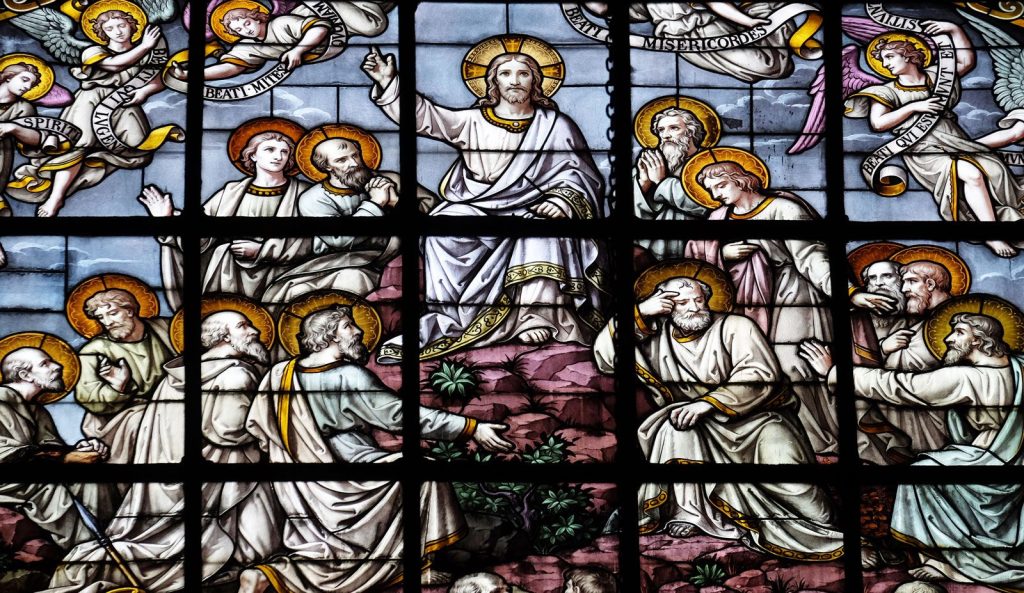Church History Matters: A Guide to Understanding Your Spiritual Family Tree (And Why Your Ancestors Were Just as Messy as You)
Most Christians approach church history with about the same enthusiasm they’d show for cleaning out their garage—they know it’s probably important, but they’re fairly certain it’s going to be dusty, overwhelming, and full of things they don’t quite know what to do with. This is unfortunate because church history is actually one of the most fascinating soap operas ever written, complete with dramatic plot twists, questionable decisions, and characters so colorful they make reality TV look bland.
Learning From Our Gloriously Imperfect Predecessors
The first reason to study church history is perhaps the most comforting: it proves that Christians have been making spectacular mistakes for nearly two thousand years, and somehow the faith has survived anyway. This should be enormously encouraging to anyone who’s ever wondered if their own spiritual fumbling might somehow derail God’s eternal plan.
Consider the early church, which modern Christians often romanticize as a golden age of pure faith and perfect community. The New Testament letters reveal a different picture—churches splitting over dietary restrictions, members suing each other, leaders arguing about circumcision with the passion of modern Twitter debates, and at least one congregation so confused about communion that Paul had to write them a strongly worded letter about not getting drunk during the Lord’s Supper. Apparently, potluck coordination was challenging even in the first century.
This pattern continues throughout history. The medieval church gave us both magnificent cathedrals and the Crusades, brilliant theologians and the Spanish Inquisition, devoted saints and thoroughly corrupt popes. The Reformation produced both a return to biblical principles and enough denominational splits to make a family reunion seating chart look simple. The modern era has brought us everything from remarkable missionary movements to televangelists with private jets.
The point isn’t that our ancestors were hopeless—it’s that they were human. Understanding this helps modern Christians approach their own faith with appropriate humility and realistic expectations. We’re not the first generation to struggle with hypocrisy, theological disagreements, or the challenge of living out Christian principles in a complicated world.
Avoiding the Reinvention of Square Wheels
Church history also serves as an invaluable source of “been there, done that, got the meme t-shirt” wisdom. Many of the issues that feel urgently contemporary to modern believers have actually been debated, argued over, and sometimes resolved multiple times throughout history. This doesn’t mean every historical solution was perfect, but it does mean we don’t have to start from scratch every time a theological question arises.
Take, for example, the prosperity gospel—the idea that God wants all faithful Christians to be wealthy and healthy. This might seem like a modern American innovation, but similar teachings appeared in various forms throughout church history, from certain medieval practices around indulgences to 19th-century “positive thinking” movements. Understanding how the church has previously wrestled with these concepts can help modern believers evaluate them more thoughtfully.
Similarly, debates about the relationship between faith and reason, the role of tradition versus scripture, or how Christians should engage with secular culture aren’t new. Augustine, Aquinas, Luther, and countless others have left us extensive notes on these topics. While their conclusions aren’t automatically correct for every situation, their reasoning processes and the lessons learned from their successes and failures can save us considerable trial and error.
Understanding Why We Do What We Do
Many modern church practices would seem completely bizarre to someone with no historical context. Why do some Christians cross themselves while others find the practice suspicious? Why do some churches baptize infants while others insist on adult immersion? Why do some congregations follow elaborate liturgical calendars while others treat any hint of ritual as potentially dangerous?
The answers lie in church history—specific events, theological developments, and cultural contexts that shaped different traditions over time. Understanding these backgrounds doesn’t necessarily resolve disagreements, but it does help explain why different groups of sincere Christians can look at the same Bible and come to different conclusions about secondary issues.
This historical awareness can also prevent what C.S. Lewis called “chronological snobbery”—the assumption that older is automatically wrong or that newer is inherently better. Some ancient practices developed for very good reasons and might still be valuable today. Some medieval theological insights remain profound and relevant. Some Reformation principles still need defending. And yes, some historical ideas really were products of their time and should probably stay buried.
Appreciating the Long View
Perhaps most importantly, church history provides perspective on the scope and durability of God’s work in the world. When contemporary challenges feel overwhelming—when churches are declining, when moral standards seem to be collapsing, when theological confusion appears rampant—history reminds us that the church has weathered far worse storms and emerged stronger.
The early church survived Roman persecution. Medieval Christianity endured the collapse of civilization and helped rebuild it. The Reformation church navigated massive upheavals in both society and theology. Modern Christianity has adapted to scientific revolutions, world wars, and cultural transformations that would have been unimaginable to previous generations.
This doesn’t mean current challenges aren’t real or serious, but it does suggest that the church’s survival doesn’t depend entirely on any single generation getting everything exactly right. There’s something both humbling and liberating about realizing that you’re part of a story much larger than your own lifetime—a story that began before you arrived and will continue after you’re gone.
The Practical Benefits of Historical Literacy
On a more practical level, knowing church history makes you a better conversationalist at Christian gatherings. Instead of nodding politely when someone mentions the Council of Nicaea or the Great Awakening, you can actually contribute to the discussion. You’ll understand why certain theological terms matter, why some denominational differences exist, and why that one guy at Bible study keeps bringing up Pelagianism.
Church history also provides an excellent supply of illustrations for teaching and preaching. Nothing makes a point quite like a well-chosen historical example, especially one involving monks, martyrs, or ecclesiastical politics gone wrong. Plus, historical examples have the advantage of being safely distant—you can critique medieval papal corruption without accidentally offending anyone.
Embracing the Messy, Magnificent Story
Ultimately, studying church history is about understanding that Christianity is not a theoretical system but a lived faith worked out by real people in real circumstances over real time. It’s about recognizing that the church is simultaneously a divine institution and a thoroughly human organization, capable of both breathtaking beauty and spectacular dysfunction, sometimes in the same century.
This perspective can make modern Christians both more patient with the church’s current imperfections and more committed to contributing positively to its ongoing story. After all, someone centuries from now might be studying our era of church history, trying to understand why we did the things we did and what lessons might be learned from our successes and failures.
Let’s try to give them something good to work with—preferably something that doesn’t require too much explanation about why we thought certain ideas made sense at the time.

Lance is the founding and lead pastor of Calvary Chapel Oxnard where he has served since 1982. Lance & David Guzik co-pastored the church for six years before David planted a church in a nearby community.
Lance & his wife Lynn were married in 1980 and have three adult children and five grandchildren. Lance loves teaching the Bible, History, and Leadership. He holds Masters-of-Arts in Biblical Studies and Ministry.
Lance serves as a chaplain for both the Oxnard and Port Hueneme Police Departments and enjoys backpacking, wood-working, working out, gardening, home improvement projects, reading, and graphic design.
The popular Communio Sanctorum: History of the Christian Church podcast can be found in both audio and video at the Into His Image website along with a growing inventory of Lances teaching.





I am very interested in Church History and continue to investigate our Christian Church origins. I am amazed at the attitude of Christians and why they believe. I grew up in a Catholic home and we never told why we should believe otherwise face redicule and critcism from our family and local ministry. We were taught: You are born a Cathollic and no questions asked. Such brainless replies and redicule led to licencious living because I treated the confessional like an in and out take out joint where you sin and then pray the offenses are thwated of by a rosary and the reality of facing Pergatory after death. No questions asked because religion was ingrained in me. A neighbor explained Jesus to me and I was interested since I was watching The 700 Club with Pat Robertson. I want to thank you, Pastor Lance Raltson for the study on Church History. I know why I believe by not being a shallow believer. I am grateful for your continued studies and endeavor.
Happy to be of assistance in your walk with God, Joanne.